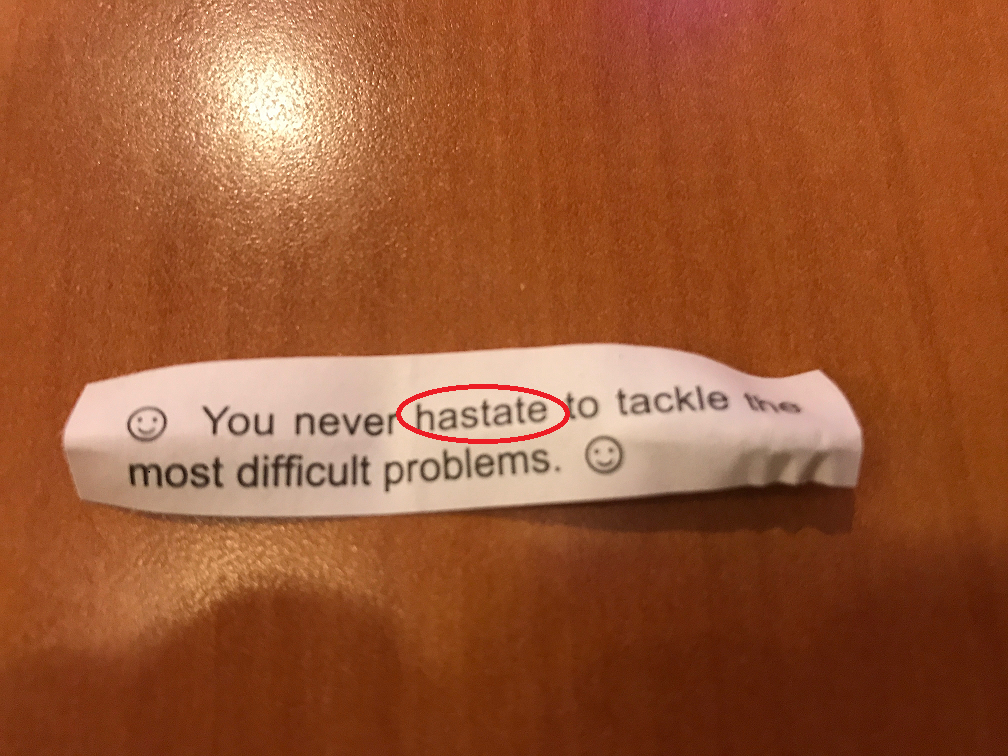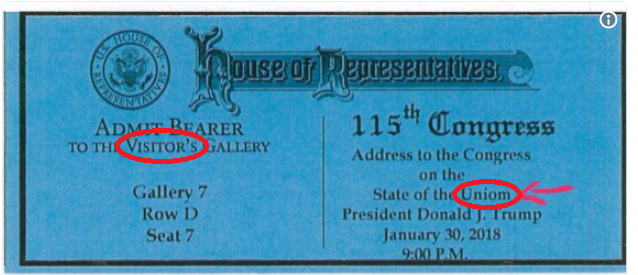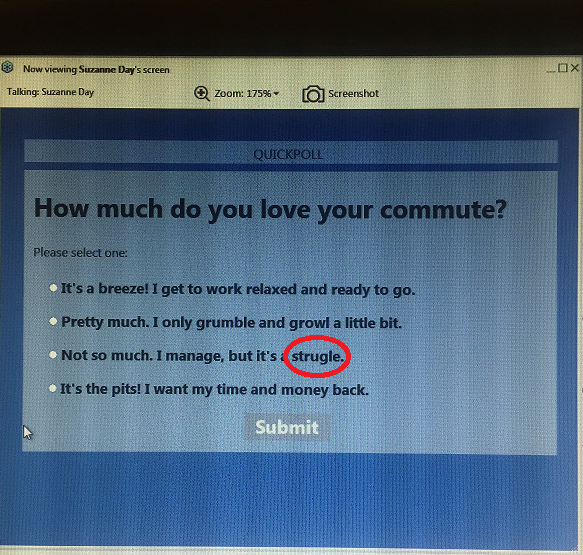 It’s time for “Confusing Words of the Week” where I take a set of two or three words that get confused and give you definitions and try to give you a memory trick to help you remember when to use which word. If you have words that confuse you, use the Ask PTB tab on the website or send an email to [email protected] and they may appear here soon!
It’s time for “Confusing Words of the Week” where I take a set of two or three words that get confused and give you definitions and try to give you a memory trick to help you remember when to use which word. If you have words that confuse you, use the Ask PTB tab on the website or send an email to [email protected] and they may appear here soon!
This week’s words are:
plague – an epidemic disease; a disastrous evil or affliction
The flu is quickly becoming a plague.
plaque – a decorative tablet that honors someone or commemorates something
He received a plaque to commemorate his 10th anniversary at the firm.
Memory tips:
- plague – A disease usually makes your tongue feel weird or coated, so I would remember the word plague having to do with your tongue.
- plaque – A plaque you put on the wall will make people question how you earned it, so remember that a plaque will make people question.


 Follow
Follow

 It’s time for a review of recent blog posts just in case you’ve missed them. We call this Replay Thursday. Here are posts from Proof That proofreading blog and 60 Is The New 60 blog during the past week.
It’s time for a review of recent blog posts just in case you’ve missed them. We call this Replay Thursday. Here are posts from Proof That proofreading blog and 60 Is The New 60 blog during the past week.


 I saw an interesting article recently that I thought I would share with you. It is an Above the Law article entitled “Lawyer’s Pleadings Are So Bad that Judge Orders Future Filings Must Be Reviewed By English Teacher.” (
I saw an interesting article recently that I thought I would share with you. It is an Above the Law article entitled “Lawyer’s Pleadings Are So Bad that Judge Orders Future Filings Must Be Reviewed By English Teacher.” (